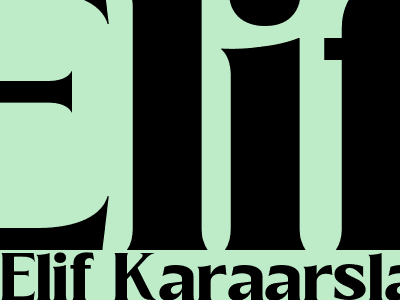13 Proven Tips For Creating Content Guaranteed To Rank In 2023
Introduction
Creating content that ranks in 2023 is not as straightforward as it appears. Gone are the days when simply stuffing keywords into your content would guarantee a top spot in search engine results pages (SERPs). Today, search engines like Google prioritize content that is high-quality, relevant, and helpful to users. In this blog post, we will share 13 proven tips that will help you create content that is not only informative but also optimized to rank well in SERPs. So buckle up and get ready to learn the secrets of creating top-ranking content.
1. Write For Humans First
It may seem obvious, but the first and most important tip is to write for humans first and foremost. Google and other search engines are becoming increasingly sophisticated at understanding the intent behind search queries, so it's no longer enough to simply write content that is keyword-rich.
Your content should be informative, engaging, and well-written. It should be something that you would want to read yourself, even if you weren't trying to rank for a specific keyword. When you write for humans, you're more likely to create content that is both helpful and enjoyable to read. And that's the kind of content that Google loves.
2. Keyword Research Is Still Important
Even though you should write for humans first, keyword research is still an important part of creating content that ranks. Keyword research will help you identify the keywords and phrases that your target audience is searching for. Once you know what keywords to target, you can incorporate them into your content in a natural and organic way.
There are a number of different ways to do keyword research. You can use Google's Keyword Planner, SEMrush, or Ahrefs. These tools will help you identify the search volume for different keywords, as well as the competition for those keywords.
3. Optimize Your Title And Meta Description
Your title and meta description are two of the most important elements of your content, as they are the first things that users will see in the SERPs. Your title should be attention-grabbing and accurately reflect the content of your page. Your meta description should be a brief summary of your page, and should include your target keyword.
Here are some tips for optimizing your title and meta description:
- Keep your title under 60 characters.
- Include your target keyword in your title.
- Write a compelling meta description that accurately reflects the content of your page.
- Keep your meta description under 160 characters.
4. Structure Your Content
The way you structure your content is also important for SEO. Google likes content that is well-organized and easy to read. Use headings and subheadings to break up your content into smaller sections, and make sure to use keywords in your headings.
Here are some tips for structuring your content:
- Use headings and subheadings to break up your content into smaller sections.
- Use keywords in your headings.
- Keep your paragraphs short and to the point.
- Use bullet points and lists to make your content more readable.
5. Use Images And Videos
Images and videos can help to break up your content and make it more engaging. They can also help to improve your ranking in SERPs. When you use images, be sure to optimize them for SEO by using alt tags and captions.
Here are some tips for using images and videos in your content:
- Use high-quality images and videos.
- Optimize your images for SEO by using alt tags and captions.
- Use images and videos to break up your content and make it more engaging.
6. Promote Your Content
Once you've created great content, don't forget to promote it. There are a number of different ways to promote your content, such as social media, email marketing, and paid advertising.
Here are some tips for promoting your content:
- Share your content on social media.
- Create an email list and send out newsletters to your subscribers.
- Use paid advertising to reach a wider audience.

Comments